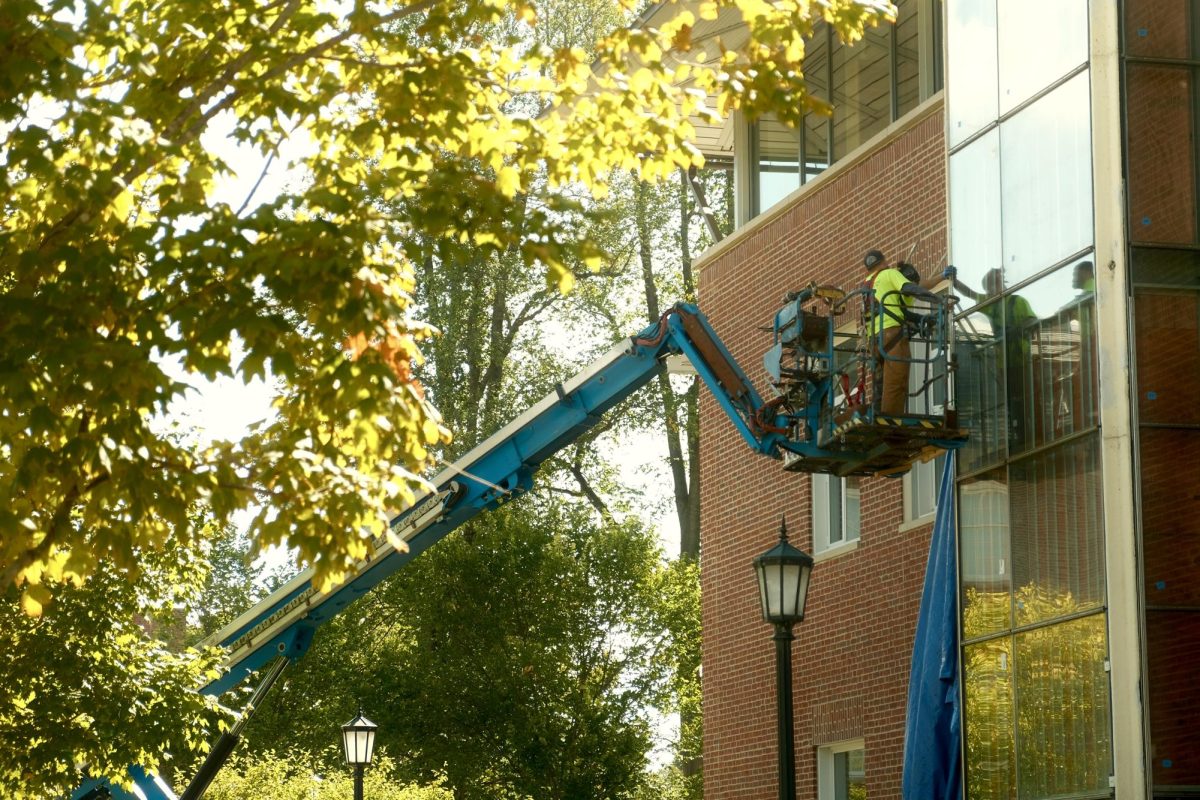In Other Ivory Towers is the Record’s look at colleges and universities outside the Purple Bubble. This week, we are covering other NESCAC schools’ grading policies in light of decisions to transition to online learning due to the COVID-19 pandemic. As of publication, Colby, Connecticut College, Hamilton and Trinity had not yet announced changes to grading systems. Here’s what other NESCACs decided:
Universal pass/fail
Yesterday, President of the College Maud S. Mandel announced that Williams will transition to a universal pass/fail system for all students in all courses. Under this system, all passed courses will count toward divisional and distribution requirements, but they will not factor into students’ GPAs. So far, Bowdoin is only other NESCAC to have chosen this option, which Bowdoin calls “Credit/No Credit.” According to its COVID-19 website, “A Credit (Crd) grade will indicate that a student has successfully satisfied learning expectations of a course through meaningful engagement; a grade of No Credit (NC) will indicate that a student has not. Individual instructors have the agency to determine the specific requirements for Credit or No Credit in their course.” In her email to the Williams community, Mandel noted that other institutions, including MIT, Columbia and Wellesley, have opted for systems similar to pass/fail at Williams.
Optional pass/fail
Middlebury, Tufts and Wesleyan have chosen grading systems with optional pass/fail. Middlebury’s system allows students to designate as many or as few of their classes as they want as Pass/D/Fail, while still fulfilling requirements. In Middlebury’s system, grades of C- and higher translate to a Pass, while others are recorded as Ds or Fs. Similarly, Tufts expanded its Pass/Fail system such that students can designate any courses as “Exceptional Pass,” which includes grades ranging from A+ to D- and counts towards degree and distribution requirements. At Wesleyan, students have until the last day of classes to choose whether they want letter grades or CR/U (Credit or Unsatisfactory) grading for each class, both of which will go towards degree requirements. While Amherst has not yet released details about its grading system, its website focused around COVID-19 states that “Amherst’s usual grading policies will remain in effect, but the college expects to announce greater flexibility around the Flexible Grading Option (FGO) and course-withdrawal options after remote learning begins.”
Regular letter grades
Bates is the only NESCAC so far to continue with its standard system of letter grades. Bates’ COVID-19 website attributes this decision to the college’s unique calendar. Rather than a typical spring break, Bates students have a February break and then end their semester in early April, followed by five-week “Short Term” similar to Winter Study. “In making this decision, we considered that students already have finished two-thirds of their semester, unlike many peer institutions, and thus already have a good idea of how they are doing in their classes,” wrote Bates’ Office of the Dean of the Faculty on the website. “Please keep in mind that if a student believes they have a compelling reason to request a grading mode change to pass/fail (e.g., in isolation because of illness, limited access to the internet, extenuating personal challenges at home), the student may petition the ASC [Academic Standing Committee] for consideration.”
Update: On March 25, Bates announced that it was introducing an optional pass/fail option for its students.













